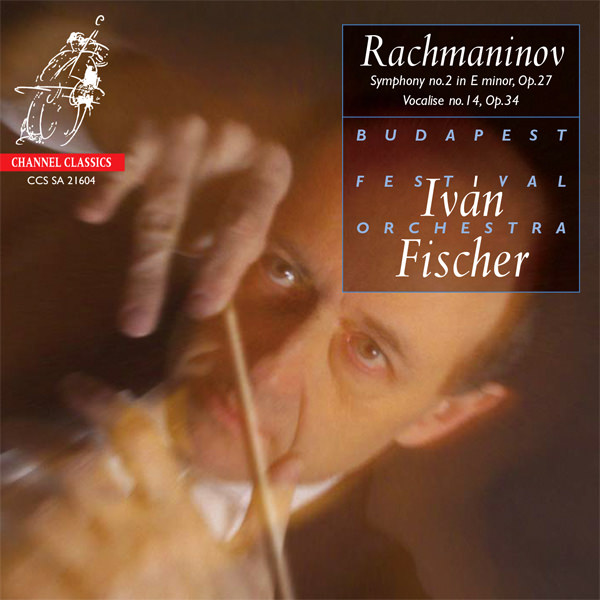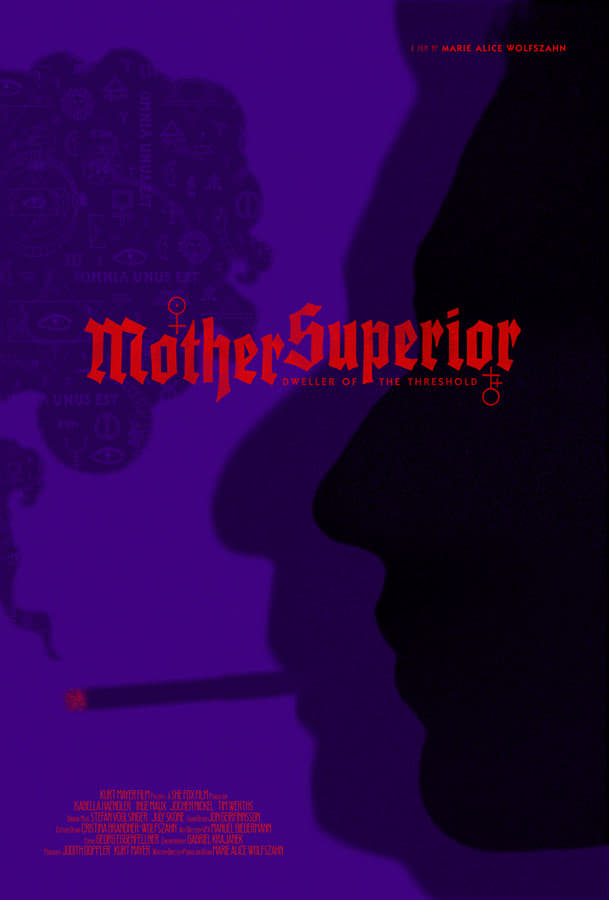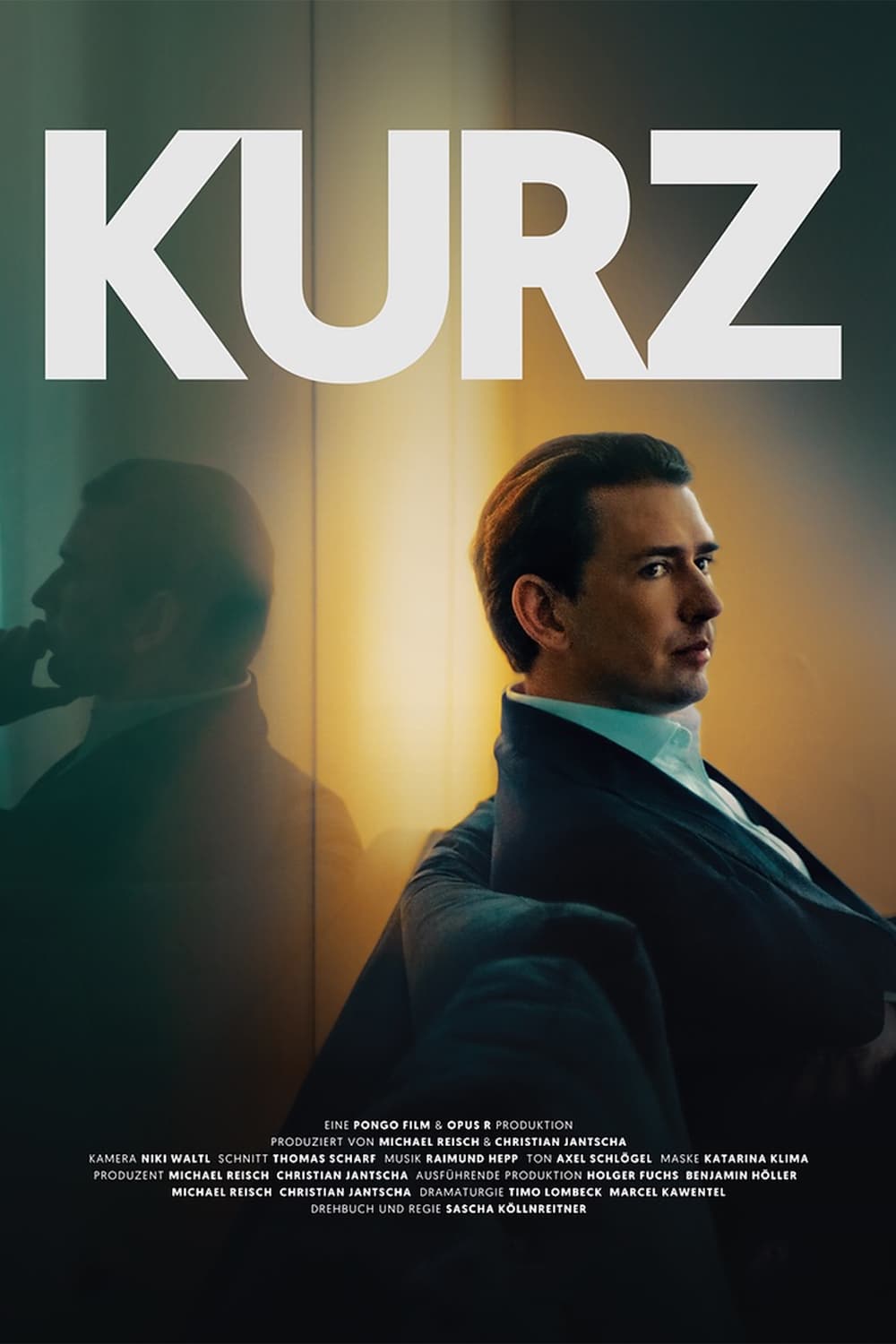
Sergey Rachmaninov – Symphony No. 2; Vocalise No. 14 – Budapest Festival Orchestra, Iván Fischer (2010)
DSF Stereo DSD64/2.82MHz | Time – 01:04:35 minutes | 2,51 GB | Genre: Classical
Source: ISO SACD | © Channel Classics Records B.V. | Front Cover, Booklet
Recorded: October 2003, The Italian Institute, Budapest
Sergey Rachmaninov (1873-1943) – Symphony nr. 2 in e op. 27 (1907) …….In 1907 Rachmaninov had withdrawn with his family to Dresden in order to work in complete isolation. This is where the Second Symphony was created. It had its highly successful premiere in the Marinsky Theatre of St. Petersburg in January of 1908. Like his other symphonies, the work begins with a motto-like theme reminiscent of Russian Orthodox liturgical music. Out of this a long-spun, mournful melody develops and serves as a constant motive throughout the first movement. The second movement is a lively scherzo, but there is a hint of menace in the horns introductory Dies Irae motive. Half way through the movement, the dizzying fugato is momentarily silenced for an episode of passionate romanticism. The Adagio is the most famous movement, and the most consistently described with superlatives. It is a miracle of melodic invention. The beautiful clarinet melody seems endless and appears to grope forward in a kind of trance, searching for words to express its love. Is it entirely fortuitous that the atmosphere is that of the love scene in Rachmaninovs opera, “Francesca da Rimini”? The Finales mood is stormy and once again brings forward all the previous themes, but this time arranged in new constellations, leading to an effective conclusion.
There can never be too many great recordings of Rachmaninov’s Second Symphony. While not perhaps his greatest work — surely either The Bells or the Vespers has that honor — Rachmaninov’s Second is a superbly composed, brilliantly colorful, and directly affecting work of Russian late romanticism and anyone who responds to Tchaikovsky’s later symphonies will respond to Rachmaninov’s Second. But while there can never be too many great recordings of the Second, most great recordings of the Second tend to sound alike. After all, what else can you do with the fuliginous depths of the opening Largo or the dramatic heights of the following Allegro moderato or the passionate twin climaxes of the Adagio except surrender to the inevitable? Thus, while this superlative recording of the Second with Iván Fischer leading the Budapest Festival Orchestra is surely a great recording of the work, it is not an especially memorable recording of the work. Fischer is an outstanding conductor with terrific baton technique and knack for choosing just the right tempo and the Budapest Festival Orchestra is a first-class ensemble with a warm blend and a shimmering tone and together they do everything they should to make this a great performance. The Largo glowers, the Allegro moderato soars, the Adagio achieves ecstasy twice. In all things, in all places, and at all the right times, this is a great Rachmaninov Second. Whether it’s a memorable Rachmaninov Second is up to the individual listener. It should be added that the Vocalise as an encore is sweet, deep, and round and that Canal Grande’s sound is clean, clear, and close. -AllMusic Review by James Leonard
Tracklist:
Sergey Rachmaninov (1873-1943)
Symphony No. 2 in E minor, Op. 27
1. I. Largo, Allegro moderato
2. II. Allegro molto
3. III. Adagio
4. IV. Adagio vivace
5. Vocaliese No. 14, Op. 34: Lentamente
Personnel:
Budapest Festival Orchestra
Iván Fischer, conductor
Download:
mqs.link_RachmaninvSymphnyN.2VcaliseN.14BFIvnFischer2004DSD64.part1.rar
mqs.link_RachmaninvSymphnyN.2VcaliseN.14BFIvnFischer2004DSD64.part2.rar
mqs.link_RachmaninvSymphnyN.2VcaliseN.14BFIvnFischer2004DSD64.part3.rar










![Budapest Festival Orchestra, Iván Fischer - Mahler: Symphony No.9 (2015) [DSF DSD64/2.82MHz + FLAC 24bit/96kHz] Budapest Festival Orchestra, Iván Fischer - Mahler: Symphony No.9 (2015) [DSF DSD64/2.82MHz + FLAC 24bit/96kHz]](https://imghd.xyz/images/2022/04/26/008dcf0a.jpg)
![Alice Sara Ott - Pictures (2013) [FLAC 24bit/96kHz] Alice Sara Ott - Pictures (2013) [FLAC 24bit/96kHz]](https://getimg.link/images/imgimgimg/uploads/2018/08/LZo4zQB.jpg)
![Ivan Fischer - Brahms - Symphony No. 3 & Serenade No. 2 (2021) [FLAC 24bit/192kHz] Ivan Fischer - Brahms - Symphony No. 3 & Serenade No. 2 (2021) [FLAC 24bit/192kHz]](https://mqs.link/wp-content/uploads/2022/04/7FfLJEX.jpg)
![Miah Persson, Budapest Festival Orchestra, Ivan Fischer - Mahler: Symphony No. 5 (2013) [nativeDSDmusic DSF DSD64/2.82MHz] Miah Persson, Budapest Festival Orchestra, Ivan Fischer - Mahler: Symphony No. 5 (2013) [nativeDSDmusic DSF DSD64/2.82MHz]](https://getimg.link/images/imgimgimg/uploads/2018/11/SPEpHT6.jpg)
![Budapest Festival Orchestra, Ivan Fischer - Bruckner: Symphony No. 7 (2014) [DSF DSD64/2.82MHz] Budapest Festival Orchestra, Ivan Fischer - Bruckner: Symphony No. 7 (2014) [DSF DSD64/2.82MHz]](https://getimg.link/images/imgimgimg/uploads/2018/08/sGmvwYb.jpg)
![Ivan Fischer - Gustav Mahler: Das Lied von der Erde (2020) [FLAC 24bit/192kHz] Ivan Fischer - Gustav Mahler: Das Lied von der Erde (2020) [FLAC 24bit/192kHz]](https://getimg.link/images/imgimgimg/uploads/2020/11/0oSKCbI.jpg)
![London Symphony Orchestra, Valery Gergiev - Rachmaninov: Symphonic Dances; Stravinsky: Symphony in Three Movements (2012) [nativeDSDmusic DSF DSD64/2.82MHz] London Symphony Orchestra, Valery Gergiev - Rachmaninov: Symphonic Dances; Stravinsky: Symphony in Three Movements (2012) [nativeDSDmusic DSF DSD64/2.82MHz]](https://getimg.link/images/imgimgimg/uploads/2019/05/uY4KEqQ.jpg)
![Budapest Festival Orchestra, Ivan Fischer - Brahms: Symphony no. 2 (2014) [nativeDSDmusic DSF DSD64/2.82MHz] Budapest Festival Orchestra, Ivan Fischer - Brahms: Symphony no. 2 (2014) [nativeDSDmusic DSF DSD64/2.82MHz]](https://getimg.link/images/imgimgimg/uploads/2018/12/RIfeSaY.jpg)
![Budapest Festival Orchestra, Ivan Fischer - Beethoven: Symphony Nos. 4 & 6 (2010) [SACD DSF DSD64/2.82MHz] Budapest Festival Orchestra, Ivan Fischer - Beethoven: Symphony Nos. 4 & 6 (2010) [SACD DSF DSD64/2.82MHz]](https://getimg.link/images/imgimgimg/uploads/2018/01/RXiASRq.jpg)
![The Berkshire Boy Choir, Leonard Bernstein - Bernstein: Mass - A Theatre Piece for Singers, Players and Dancers (1971/2017) [FLAC 24bit/96kHz] The Berkshire Boy Choir, Leonard Bernstein - Bernstein: Mass - A Theatre Piece for Singers, Players and Dancers (1971/2017) [FLAC 24bit/96kHz]](https://getimg.link/images/imgimgimg/uploads/2019/01/TSwWwCX.jpg)
![Glenn Gould - The Complete Columbia Album Collection (2015 Remastered Edition) [Qobuz FLAC 24bit/44,1kHz] Glenn Gould - The Complete Columbia Album Collection (2015 Remastered Edition) [Qobuz FLAC 24bit/44,1kHz]](https://getimg.link/images/imgimgimg/uploads/2017/07/2bHwfbA.jpg)
![Pieter Wispelwey, Budapest Festival Orchestra, Ivan Fischer - Dvorak: Cello Concerto, Symphonic Variations (2007) [DSF DSD64/2.82MHz] Pieter Wispelwey, Budapest Festival Orchestra, Ivan Fischer - Dvorak: Cello Concerto, Symphonic Variations (2007) [DSF DSD64/2.82MHz]](https://getimg.link/images/imgimgimg/uploads/2018/12/r9YxUyW.jpg)
![Wim Van Hasselt - Chant d’Automne (2016) [nativeDSDmusic DSF DSD64/2.82MHz] Wim Van Hasselt - Chant d’Automne (2016) [nativeDSDmusic DSF DSD64/2.82MHz]](https://getimg.link/images/imgimgimg/uploads/2018/09/GfRMuSp.jpg)
![London Symphony Orchestra, Valery Gergiev - Rachmaninov: Symphony No. 3; Balakirev: Russia (2015) [nativeDSDmusic DSF DSD64/2.82MHz] London Symphony Orchestra, Valery Gergiev - Rachmaninov: Symphony No. 3; Balakirev: Russia (2015) [nativeDSDmusic DSF DSD64/2.82MHz]](https://getimg.link/images/imgimgimg/uploads/2019/05/BSou4Lj.jpg)
![Johannes Brahms - Symphony No. 4; Hungarian Dances 3, 7 & 11 - Budapest Festival Orchestra, Ivan Fischer (2015) [nativeDSDMusic DSF DSD64/2.82MHz] Johannes Brahms - Symphony No. 4; Hungarian Dances 3, 7 & 11 - Budapest Festival Orchestra, Ivan Fischer (2015) [nativeDSDMusic DSF DSD64/2.82MHz]](https://getimg.link/images/imgimgimg/uploads/2016/11/0csTmr5.jpg)